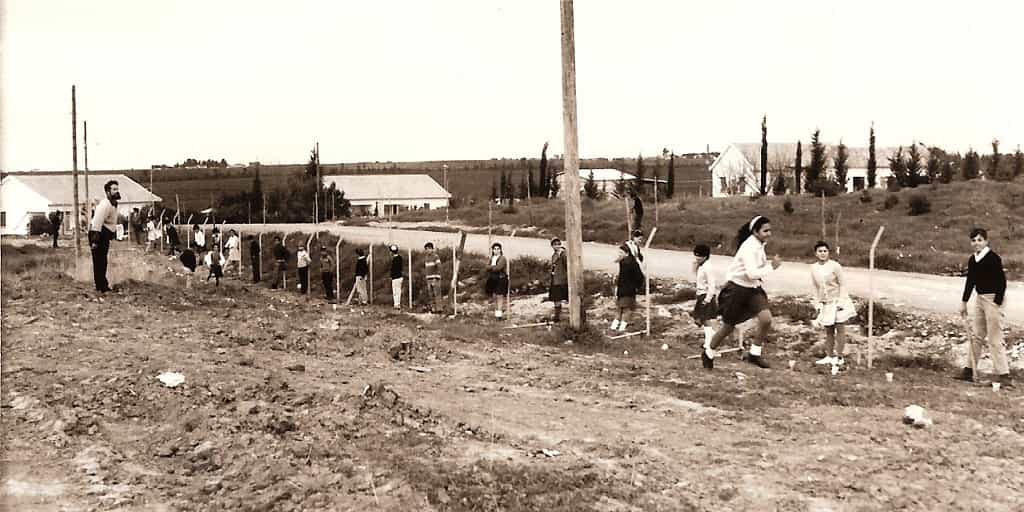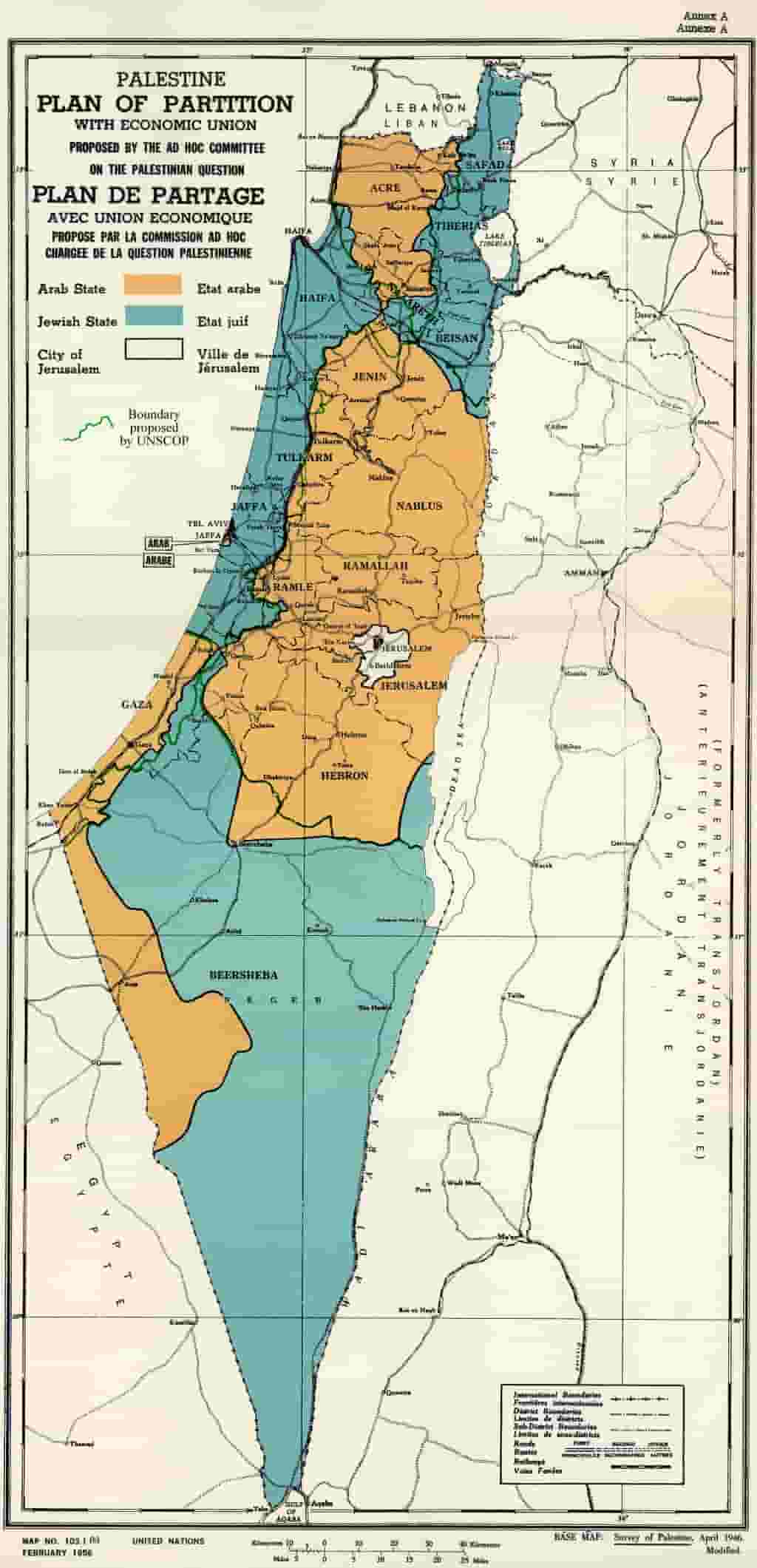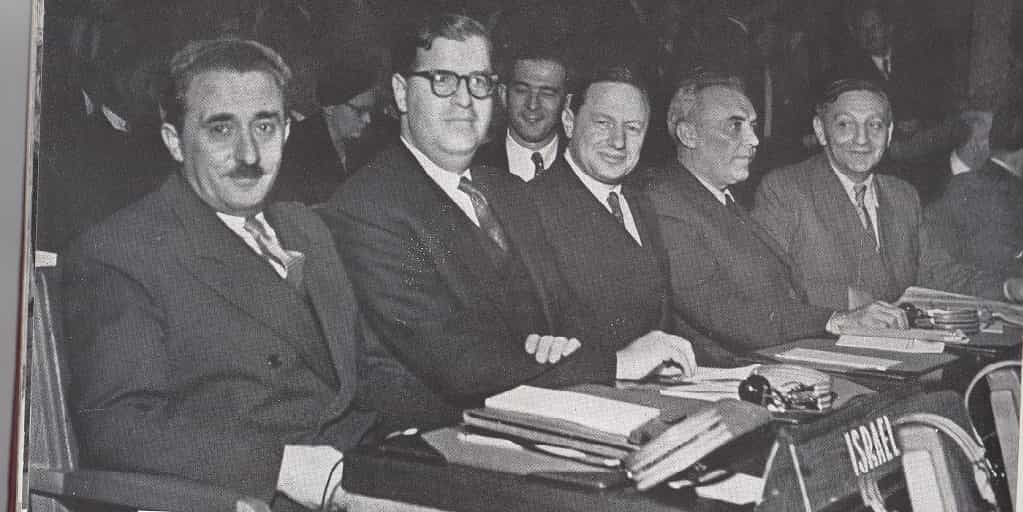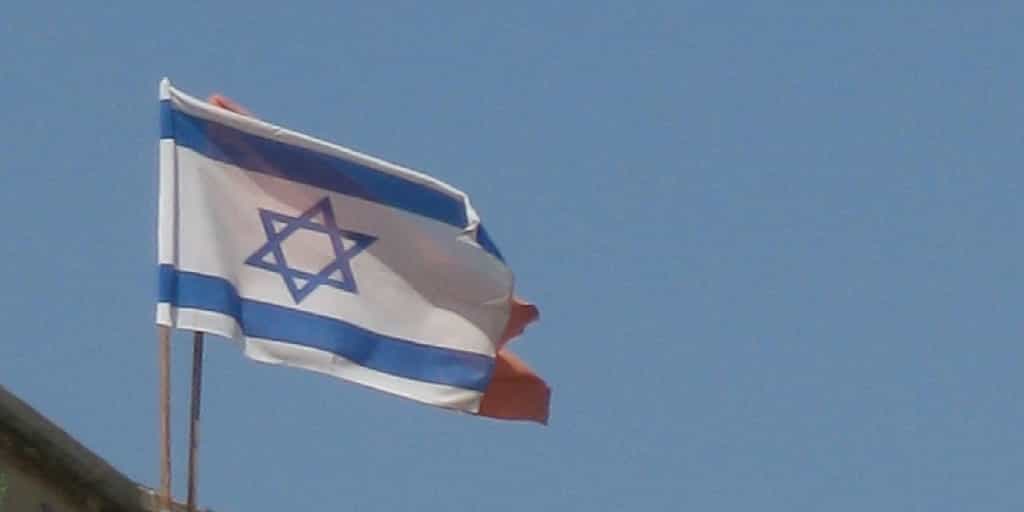This year is a BIG year for Israel and its history. It has been 100 years since the ANZAC victory over Be’er Sheva and the beginning of the British Mandate over Palestine. And it is the seventy- year anniversary of the passing of the UN Partition Plan. In just one generation, two major events unfolded and changed history.
What happened during the thirty years between the beginning of the British Mandate and the UN Partition Plan vote?
When the British Mandate took over the land, the way the land looked began to change. Roads were paved, a mailing system was established, and industry flourished. With the help of the British, the land of Israel was able to modernize in HUGE ways.
We have to remember that under the Ottoman Empire, the land of Palestine was largely ignored. It was far away from the Ottoman capital in modern Istanbul. The Ottoman Empire had many other points of entry, trade, and commercial centers that were much greater than any of those centers in Palestine. The holiest site in all of Palestine (Jerusalem) is the third holiest site in all of Islam, the religion of the Ottoman. There was no requirement to visit Jerusalem, like there is to visit Mecca. The population was sparse and poor, mostly working in the few fields that existed in the land.

But when the British come, A LOT changes. The British figures powerful in Palestine are focused only on the land and people in Palestine. They are not focused on other parts of the British Empire. Jerusalem is the HOLIEST site in Christian United Kingdom. Jews are beginning to come to the land in higher numbers, and establishing farms, towns, and cities. The population is growing, and the British have to take care of the needs of those people.
Paving the roads made it easier not only to travel, but to move products for trade. Communities could interact and trade together so much better. Establishing a postal system made a communication system for the people who were living in the land. Agricultural practices were advanced greatly.
But not all was great during the British Mandate. After all, their goal was to help the people create a state, do the state building deemed necessary for that state. And there are two peoples living here–the Jews and the Arabs. Each have a different idea of what, where, who, and how a state should look. And those different ideas lead to fighting and clashes.
The British Mandate try to keep the peace. They implemented different laws–it’s illegal to own a weapon; everyone had to be inside by a certain hour. And no one listened to them!! They tried to stop the fighting, they tried to encourage each people to build a nation, a state. The fighting and violence continued!!
So then they began asking themselves,
“What are we doing? We survived TWO World Wars. London is in pieces, and instead of rebuilding our homes, we’re sending soldiers THOUSANDS of miles away. Everyone is fighting, and no one is listening! And for what?! What are we doing? What’s our game plan here?”
So, what happened?
The British Mandate asked the United Nations for help to find a solution to the fighting. The United Nations created a committee called the United Nations Special Committee on Palestine, or “UNESCO.”
The members of UNESCO come to Palestine for three weeks to look around and talk to the people were living here. They met David Ben- Gurion, Golda Meir, Moshe Sharrett, and other Jewish leaders of the time. UNESCO travel from the north to the south. They saw the Jewish communities growing flowers in the Negev Desert. UNESCO reached out to the Arabs leaders of Palestine, and no one answered them.
After the visit, they come up with two ideas:
1.) A Binational State- one state, two nations
2.) A Two State Solution- two states, two peoples
These terms are not new terms from our day and age.

UNSCOP votes and decides to put the two state solution, or the Partition Plan, forward to the General Assembly.
What did it take for the vote to be presented in the General Assembly of the United Nations?
When the United Nations decided to vote on the Partition Plan, the Jewish leadership went straight to work to make sure the plan would pass. A delegation of Jews, led by Moshe Sharrett, flew to New York City to meet with the different representatives in the United Nations, and convince them to vote in favor of the Partition Plan.
In some cases, they succeed, in others, they don’t. The United States decides to vote in favor of the Partition Plan. President Truman, although warned by the U.S. State Department to do otherwise, was convinced of the need to have a Jewish State on the planet–a place where they could call home, and be safe. Great Britain abstains because they have six months before they have to leave Palestine. No matter how they voted they could win; someone was going to be mad at them.
As the date gets closer, Sharrett and his team feel that the vote is too close to take the chances on it. They turn to the American representatives for help. The Americans go to the chairman of the United Nations, and ask to postpone the vote, so that Americans can get ready for Thanksgiving the next day. The chairman agrees and pushes the vote to November 29, 1947.
And then on November 29, 1947…
The representatives of the members of the UN came to the UN building in New York City; a group of Jewish representatives came as well. Jews and non- Jews turn on and huddle around their radios. They all had a piece of paper and a pen to tally up the votes.
Slowly, the votes start coming in. Afghanistan voted no, Argentina abstained, and Australia voted yes. The world is holding its breath. Haiti and Holland vote yes. And in the end, ten countries abstained, thirteen voted no, and THIRTY-THREE countries voted yes. In the matter of one U.N. meeting, the United Nations changes the map.

The Jews go out and dance in the streets. From New York City to Jerusalem, Jews around the world celebrated. The Arabs were not so happy. They did not dance in the streets or celebrate in their homes.
What does the vote mean for us today?!
So seventy years ago, a bunch of people at the UN took a vote on a map that looks totally different than what we see here today. Big deal. Why do we care?
The United Nations changes history on November 29, 1947. The world will never look the same again. The Jews have a state and a home IN PART because of this vote. And the world understood the need for that to happen. While thousands of Jews were sitting on suitcases throughout Europe, in Yemen, in Egypt, in Morocco, and so many other places, now have a home. In conclusion, everything that has happened in the past seventy years has unfolded in part because this event paved the path for it to happen.

And interestingly, the United Nations has never voted in favor of the State of Israel ever since. The number of United Nations resolutions against Israel is higher than any other state. Most of these resolutions are politically, based to give Israel a bad name, and not based so much in fact. It is a huge problem that Israel faces on a daily basis—do we respond to these resolutions or not? If yes, how do we respond them? If not, why? College students are facing these issues everyday with the rise of discussions, debates, and protests on college campuses.
For all of these reasons, the UN Partition Plan and its vote is still very much relevant today.





